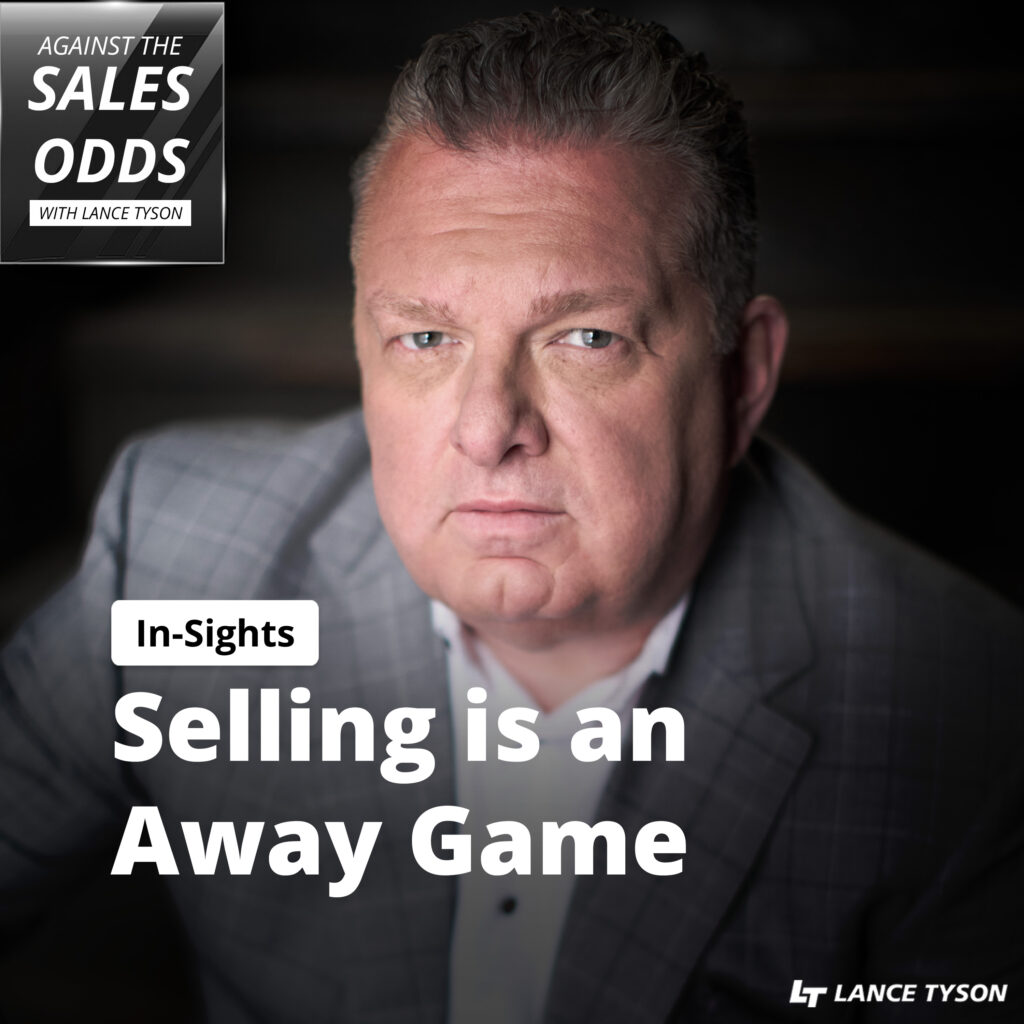Sales isn’t just about pushing products anymore. In today’s competitive marketplace, success comes from understanding people, solving real problems, and guiding decisions. This is where the Consultative Sales Approach plays a transformational role—shifting the salesperson’s role from that of a seller to a trusted advisor.
For high-performing sales teams and professionals aiming for deeper engagement and long-term relationships, this mindset shift is not just valuable—it’s essential.
Understanding the Consultative Sales Approach
At its core, the consultative approach is about asking, listening, and diagnosing before suggesting a solution. Rather than relying on pitch-heavy scripts or closing tactics, it’s a conversation built on trust and mutual understanding.
This approach involves:
- Deep discovery: Learning about the prospect’s challenges, priorities, and goals.
- Tailored solutions: Offering recommendations based on the customer’s unique situation—not just a general product list.
- Long-term thinking: Prioritizing relationships over quick wins.
When done right, the buyer doesn’t feel like they’ve been sold to. They feel like they’ve been helped.
The Mindset Shift: What Really Changes?
1. From Transactional to Relational
Traditional selling often focuses on the transaction—closing deals fast. But consultative selling takes a long-term view. It’s not about selling one product; it’s about building a partnership.
An advisor asks: “Where do you want to go? What’s holding you back?” Then they map a path forward.
2. From Pitching to Problem-Solving
Forget the elevator pitch. Consultative salespeople start by uncovering pain points. They ask meaningful questions, often uncovering problems the customer didn’t even realize they had.
That’s where Advanced Consultative Selling Techniques come in. Sales pros use emotional intelligence, active listening, and data to guide the process—transforming objections into opportunities.
3. From Features to Outcomes
The best consultative sales conversations never sound like product demos. They’re centered around outcomes—how the solution improves the customer’s life or business.
You’re not just selling CRM software. You’re helping a sales director reduce churn, improve rep performance, and grow revenue with less stress.
Key Skills to Build the Consultative Sales Mindset
Listening Like a Strategist
Most sellers listen to respond. Advisors listen to understand—and then they dig deeper.
Top-performing salespeople use frameworks like:
- SPIN Selling (Situation, Problem, Implication, Need-Payoff)
- Challenger questions that reframe the buyer’s assumptions
- “Why now?” probes to understand urgency and timing
Emotional Intelligence
Buyers want to feel understood. Sales advisors need to read the room, manage emotions, and build rapport authentically.
High EQ helps with:
- Navigating resistance
- Handling tough feedback
- Making decisions feels safe and supported
Teaching with Relevance
Advisors don’t just answer questions—they educate. They bring new insights to the table that prospects haven’t considered yet.
Consultative pros use storytelling, industry data, and tailored case studies to highlight value in ways that resonate personally with the buyer.
Real-World Application: What It Looks Like in Action
Let’s compare two sales interactions:
Traditional Seller:
“Let me walk you through our product’s features…”
Result? The buyer tunes out after a few minutes. They’ve heard it all before.
Consultative Advisor:
“Tell me about your team’s biggest challenge in managing lead flow. What’s the current process?”
Followed by: “If your leads were automatically qualified and routed to the right rep, how would that impact close rates?”
Result? A real conversation that centers around outcomes. The seller is now positioned as a problem-solver, not a pitch machine.
The Long-Term Payoff of the Consultative Approach
Shifting to this mindset is not an overnight fix. It takes training, coaching, and a commitment to long-term improvement. But the return on investment is massive:
- Higher close rates: Because solutions are aligned with actual needs.
- Greater customer loyalty: Because you’re not just selling—you’re adding value.
- Shorter sales cycles: Because you’re earning trust faster by being genuinely helpful.
- More referrals: Because customers want to share the experience of working with someone who “gets it.”
Implementing the Shift Within a Sales Team
At Tyson Group, we’ve seen sales teams evolve drastically once they start treating every conversation as a chance to advise—not just to close. Here’s how leaders can guide that shift:
1. Train to Ask Better Questions
Focus on discovery, not delivery. Use scenario-based role plays to develop deep questioning skills.
2. Encourage Active Listening
Create exercises where reps must summarize and respond to client issues, without pitching.
3. Incentivize Customer Impact
Reward reps for long-term success metrics, like customer satisfaction and renewals—not just initial sales.
4. Support Continuous Coaching
The consultative mindset is like a muscle—it strengthens with regular feedback, reflection, and adjustment.
Common Pitfalls to Avoid
Adopting a consultative sales approach requires more than just good intentions—it demands strategy, awareness, and continuous refinement. Many sales professionals start with the right mindset but fall into avoidable traps that dilute the impact of their conversations.
- Being too passive is one of the most frequent mistakes. While active listening is critical, it shouldn’t lead to indecision. Prospects often look for leadership and direction. A true advisor listens intently but also knows when to take the lead, offer insights, and guide next steps with confidence.
- Overloading with information is another common misstep. In an effort to sound knowledgeable, some salespeople overwhelm prospects with every possible detail. This dilutes the message. A consultative approach calls for clarity—focus only on what aligns with the prospect’s goals and challenges.
- Skipping discovery is like prescribing without diagnosis. Rushing into a solution may show enthusiasm, but it’s often premature. The most effective conversations begin with a deep exploration of the buyer’s needs.
- Lastly, forgetting to close can cost you the deal. Being consultative doesn’t mean avoiding action. Advisors must balance empathy with assertiveness—ensuring the buyer feels supported while confidently advancing the deal toward a decision.
Final Thoughts: Becoming the Buyer’s Trusted Partner
In today’s complex market, buyers are more informed than ever—but also more overwhelmed. They don’t need another sales pitch. They need someone to help them think clearly, act confidently, and move forward with the right solution.
The Consultative Sales Approach isn’t just a tactic—it’s a philosophy. It transforms the way sellers show up, build trust, and create value.
At Tyson Group, we help sales organizations master this transformation through customized training built around Advanced Consultative Selling Techniques. Because when salespeople stop selling and start advising, they win more deals—and win them the right way.
Ready to evolve your sales team from transactional to transformational? Tyson Group has the frameworks and expertise to make it happen.




